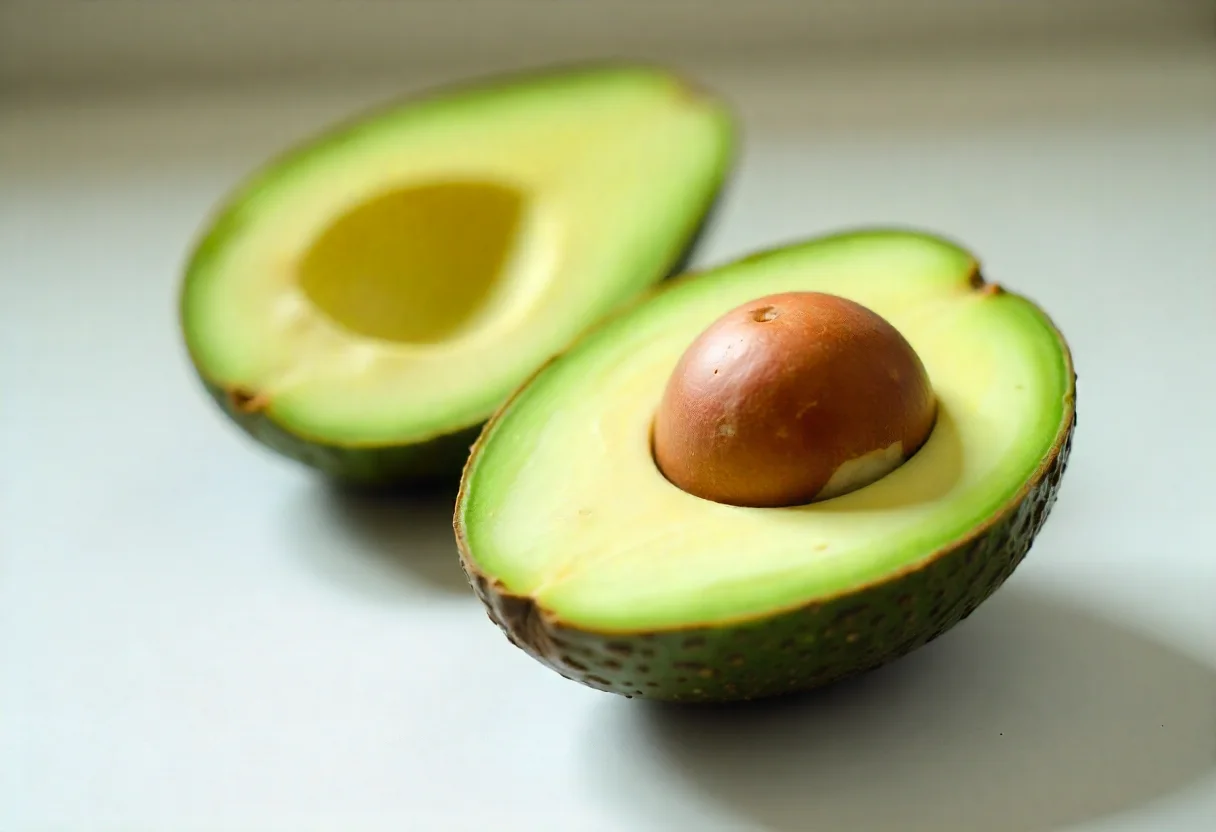
Supplements are products that are given in addition to the diet of pets and help support various physiological systems. These products may include vitamins, minerals, amino acids, essential fatty acids, herbal extracts or microorganisms such as probiotics.
The most common purposes of use:
- To eliminate nutritional deficiencies
- To strengthen immunity
- To support joint health
- To alleviate digestive problems
- To protect hair and skin health
- To slow down the loss of function due to aging
- To manage behavioral problems (stress, anxiety)
However, not every supplement is suitable for every animal. Therefore, veterinary approval is of great importance.
🐟 Omega-3 and Omega-6 fatty acids
- Benefits: Supports skin and coat health, reduces inflammation, protects heart and kidney health.
- Sources: Fish oil, flaxseed oil, seaweed.
- For: Animals with allergic dermatitis, shedding problems, elderly or chronic diseases.
🦴 Glucosamine, chondroitin, MSM
- Benefits: Supports the production of joint fluid, protects cartilage structure, relieves symptoms of osteoarthritis.
- For whom: Middle-aged and older dogs, large breeds, individuals who have undergone orthopedic surgery.
🦠 Probiotics and prebiotics
- • Benefits: Balances intestinal flora, regulates digestion, supports immunity.
- • For whom: Animals with diarrhea, constipation, digestive problems after food changes.
💊 Vitamin and mineral supplements
- Benefits: Provides metabolic balance in cases of deficiency, supports growth and immunity.
- Warning: Generally not necessary for healthy animals fed with balanced food.
🌿 Herbal supplements
- Benefits: Plants such as chamomile, lemon balm, valerian can be used for stress and insomnia. Turmeric has antioxidant and anti-inflammatory effects.
- For whom: Anxious, nervous or restless animals (with veterinary advice).
🐶 In dogs
- Glucosamine and omega-3 are commonly used for joint health in large breeds.
- Fish oil and vitamin E may be helpful in those with allergic dermatitis.
- L-carnitine and antioxidants may be preferred for cognitive support in older dogs.
🐱 In cats
- Vitamin B and potassium supplements may be required in cats with kidney disease.
- Contents such as blueberry extract and omega-3 may be beneficial for urinary tract health.
- Probiotics are at the forefront in cats with digestive sensitivities.
🐦 In birds
- Calcium and vitamin D3 supplementation is important in laying hens and during the growth period.
- B complex vitamin supplementation can be given during the molting periods.
- However, excessive supplementation can lead to toxicity. Dosage is very sensitive in birds.
- Herbal products are natural and harmless.
Being natural does not mean they are not toxic. For example, garlic can be toxic to cats and dogs.
- I also give human vitamins to my pet.
Vitamins formulated for humans can cause toxic doses in pets (Vitamin A and D poisoning are the most common).
- Even if the food is not of good quality, I balance it with supplements.
Supplements cannot replace a bad diet. Basic needs should be met with quality and balanced food.
- I can use supplements without consulting a veterinarian, they are harmless anyway.
Supplements can interact with medications. They can also have adverse effects in some diseases.
- A veterinarian's recommendation should be followed
- The ingredient list should be transparent and detailed
- Products with quality certificates such as GMP and ISO should be preferred
- The duration and dosage of use should not be exceeded
- Products of unknown origin and content, purchased from the internet, should be avoided
- Side effect signs should be monitored (vomiting, diarrhea, behavioral changes)
- A veterinarian should be consulted before mixing different supplements
- Some supplements may have toxic effects in animals with kidney or liver failure.
- They may affect hormonal balance in pregnant or lactating animals.
- Drug-supplement interactions may occur in those receiving medication.
- Some supplements may cause reactions in individuals with allergies.
1.Finno CJ, Veterinary Pet Supplements and Nutraceuticals. (2020).
2.Martello E, et al., Efficacy of a dietary supplement in dogs with osteoarthritis: A randomized placebo-controlled, double-blind clinical trial. (2022).
3.Blanchard T, et al., Enhancing cognitive functions in aged dogs and cats: a systematic review of enriched diets and nutraceuticals. (2025).
4.Bauer JE, Evaluation of nutraceuticals, dietary supplements, and functional food ingredients for companion animals. (2001).
5.Elrod SM and Hofmeister EH, Veterinarians' attitudes towards use of nutraceuticals. (2019).















